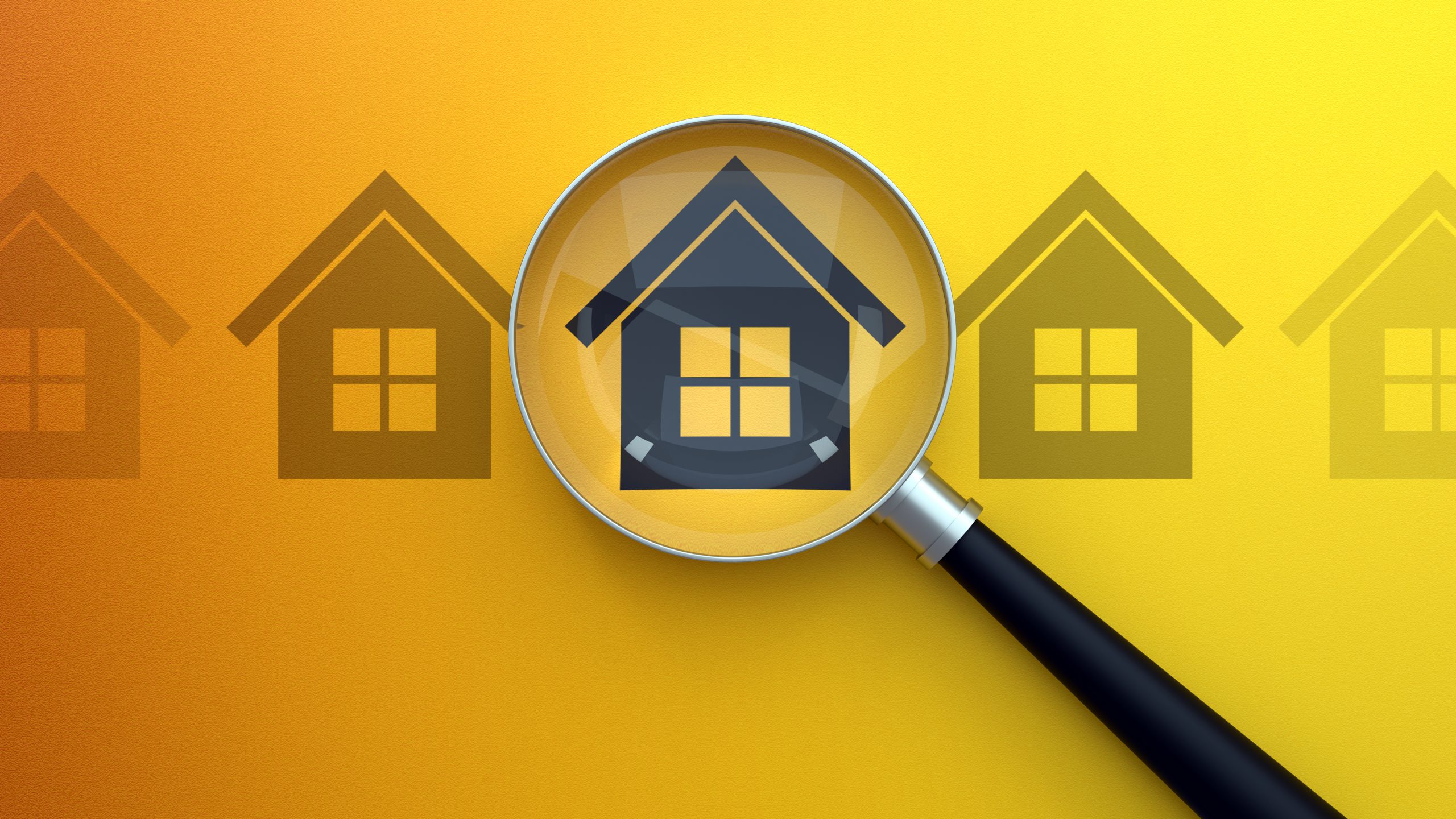
If you’re considering investing in property, there are some key fundamentals you should consider to ensure you make a good decision:
Where is the property located?
The best rental properties are usually located near amenities like shopping precincts, schools, hospitals, universities, employment centers and transport. You want to have access to tenants who are likely to use or work at these services. Properties that are cheaper but located far away from these types of services may be harder to rent out.
Who will rent your property?
Who do you visualize as your ideal tenant? Is it a family, couple or group of singles? Two-bedroom properties are most likely to attract couples or friends sharing, while three- and four-bedroom homes will suit families.
What are your tax benefits?
You should seek advice from your tax adviser as to the best strategy for your circumstances as an investment property will have implications for your tax and cash flow.
What’s your budget?
Consider how much you have as a deposit. Don’t just assume you should put 20% down and then borrow the rest — lending policies of banks do fluctuate with the state of the economy. If you have a good, regular income, lenders may want to cut you a deal. If you have a larger deposit but buy a less expensive property, you may find your property is faster to provide positive cash flow.
What is the likely rental going to be?
Find out by researching on property websites under the rental section to find out what properties in the neighborhood that you’re looking at cost to rent. Alternatively, if you have a property in mind, I’d be happy to supply you with some guidance.
What’s the rental yield?
The rental yield is worked out by dividing the weekly rent by the sale price and calculating it as a percentage. Compare this yield to what you could expect to earn if you invested the money in the bank, or other investments such as stocks and bonds. How does the yield compare and does that suit your financial plan?
What will your outgoings be?
When you are considering how much your investment property will cost to run, don’t forget to include the cost of city or county fees and taxes. If you’re thinking about buying a condo, the cost of insurance and a contribution to the maintenance of the complex must be considered. Amenities such as pools, lifts and gyms can push up those fees, so don’t forget to add them to your budget calculations.
